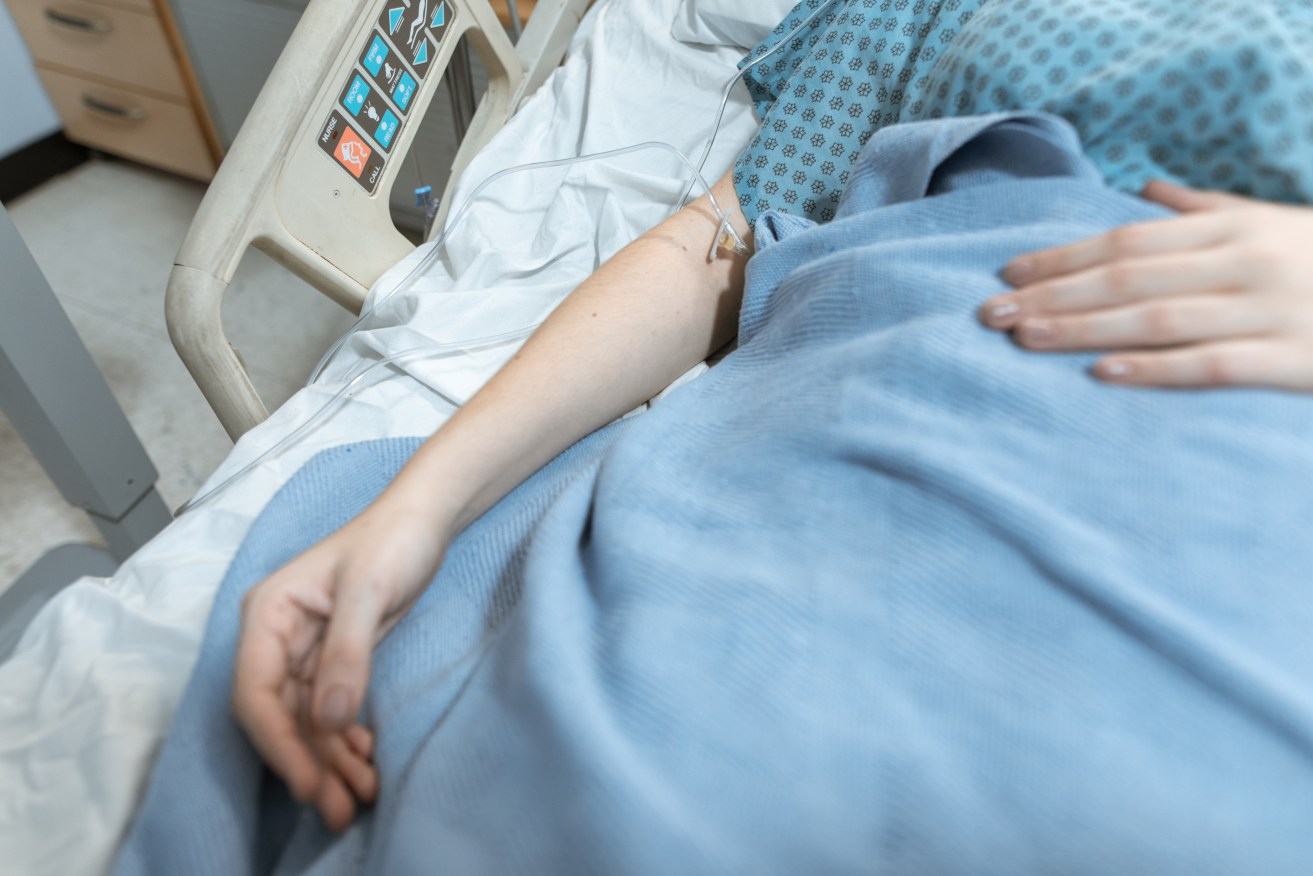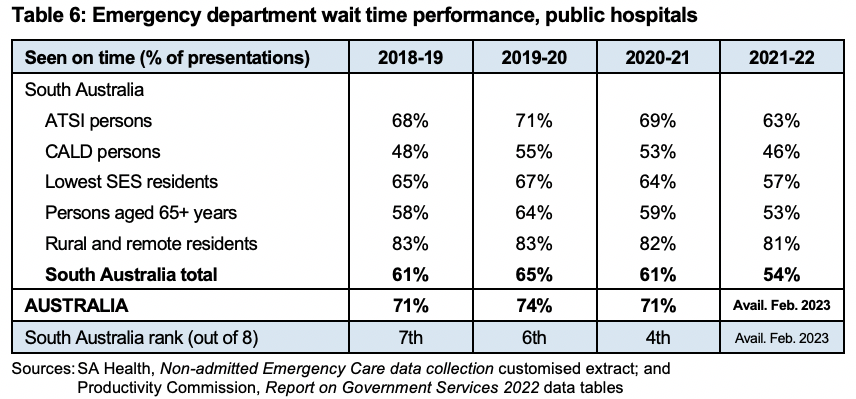New patient advocacy body for SA
A new taxpayer-funded patient advocacy service will launch early next year to address inequality across South Australia’s public health system.

Photo: Pexels
Health Minister Chris Picton told InDaily that planning was underway to launch the patient advocacy body early in the new year, with the government having already committed $800,000 over four years to fund its establishment.
It follows the 2020 closure of the Health Consumers Alliance, which previously served as the state’s peak body for patients.
According to the alliance’s now-defunct website, the service was tasked with “engaging with health consumers and health services to achieve quality, safe, consumer-centred care for all South Australians”.
But the Marshall Government cut funding to the service in 2018 as part of a shake-up of the state’s public health system.
South Australian Council of Social Service CEO Ross Womersley said the Malinauskas Government was now working with the council to establish a “reshaped” advocacy body early in the new year.
He said it was unlikely that the new service would serve as a point of contact for individuals who feel aggrieved by the public health system; rather, it would advocate for groups which face barriers accessing public health care.
“Some of those groups would include people who identify with the LGBTIQ+ community, people from culturally and linguistically diverse backgrounds, people with a disability and Aboriginal people,” he said.
“All of those groups we know struggle with their access to the health system in a very direct way.
“The reality is the health system needs all sorts of help to ensure it does better around those groups of people that currently aren’t doing as well as they should be.”
In a report tabled in parliament last week, SA Health Performance Council chair Professor Stephen Duckett wrote that an analysis of public health data showed that outcomes varied according to patients’ gender or whether they identified as Aboriginal.
“For example, we note that we are not meeting national targets on immunisation rates for Aboriginal and Torres Strait Islander children in South Australia,” he wrote.
“And we are perturbed to observe, for instance, that the diversity of cultures and languages is mirrored in an inequitable diversity of waiting time in our hospital emergency departments.”
The report found in 2021-22, culturally and linguistically diverse South Australians waited longer in emergency departments than all other population groups, with less than half – 46 per cent – seen within nationally-recognised benchmarks for their triaged category.

Table: SA Health Performance Council
It also found that Aboriginal and Torres Strait Islander patients, and those who are culturally and linguistically diverse, reported lower ratings of experiences with care.
Womersley said running an individual patient advocacy service would be “very challenging and complex”, with some of that work already carried out by the Health and Community Services Complaints Commissioner.
He argued the new service would be better placed addressing barriers faced by those who experience inequity accessing healthcare.
“All health services ought to have functions that relate to addressing individual health consumer complaints about the service that they actually have been receiving,” he said.
“We know that not all of the health services are well-equipped with those kinds of complaints functions and part of the challenge for health services is to provide much more adequate services in that context.”
In a letter sent to SACOSS ahead of the election, Picton wrote that South Australia was the only state without an independent “patient voice”.
“Labor believes in re-establishing a strong and independent voice for South Australian patients,” he wrote.
“We… recognise the importance of developments in our health system being guided by lived experience and embedding peer workers within health services.”
Australian Medical Association state president Dr Michelle Atchison described the current absence of a patient advocacy group in South Australia as a “glaring hole”.
“It’s high time that it’s fixed,” she said.
“We often ask consumers their advice or their views about matters and I’m sure the state government does as well, but actually having that as a funded body is really important.
“Knowing that there is a body that you can go to and having that sitting outside of the hospitals, having that sitting outside of SA Health gives it a legitimacy.”
Meanwhile, the state government has announced it is restructuring Wellbeing SA to create a new “independent preventative health agency” to be called Preventative Health SA.
As part of the restructure, Wellbeing SA’s current “Integrated Care Systems Unit”, which runs programs such as My Home Hospital and Priority Care Centres, is proposed to shift into the purview of the Department for Health and Wellbeing.
The proposed new “Preventative Health SA” would be tasked with addressing issues such as obesity and the use of alcohol, tobacco and vaping.
“Prevention is better than cure and we need a focus on keeping people healthy and out of hospital in the first place,” Picton said.
“This is a passion of mine as prior to being elected to parliament I worked on major tobacco reforms including plain packaging.”
Picton said the government was currently consulting on its proposal to shift My Home Hospital and Priority Care Centres out of Wellbeing SA.
He said work on reforming Wellbeing SA into an “independent prevention-focussed agency” would start next year.
No staff are expected to be axed as part of the proposed restructure, but some executive reporting lines could change.




